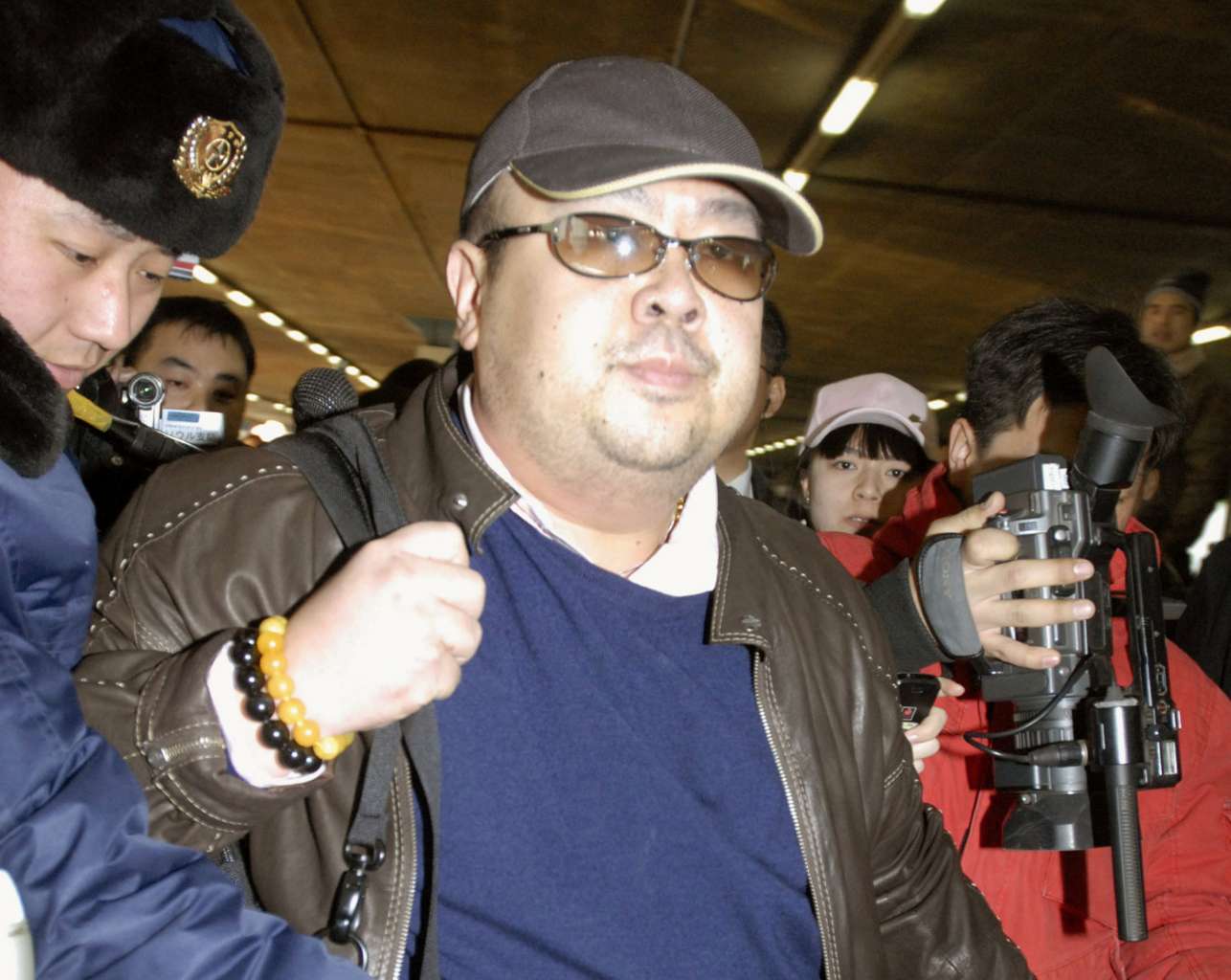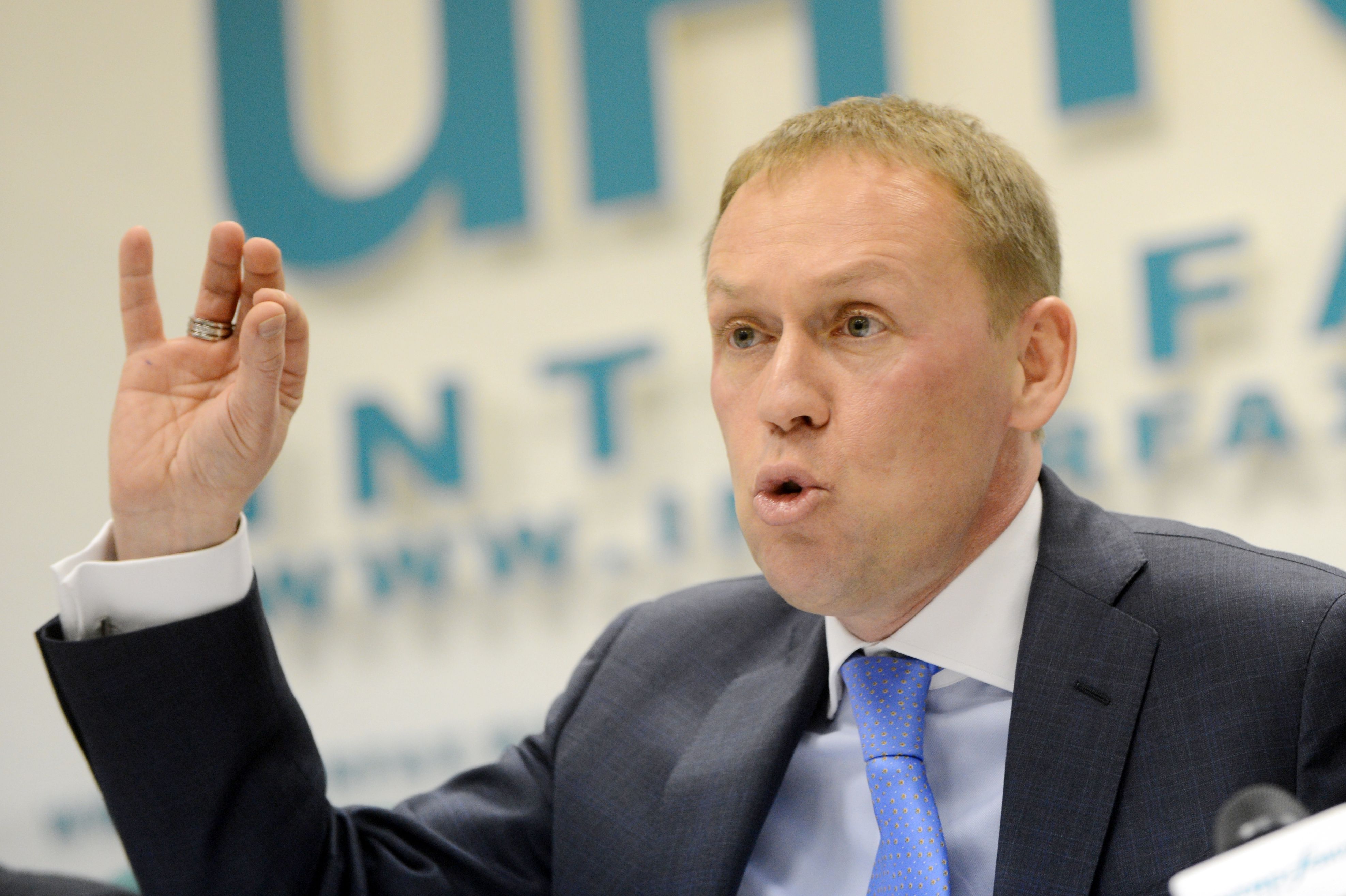Kim Jong Nam 'poisoned': Other high-profile poison killings
Sign up now: Get insights on Asia's fast-moving developments

Kim Jong Nam arrives at Beijing airport in Beijing, China, in this photo taken by Kyodo on Feb 11, 2007. Kim was allegedly killed by two women at Kuala Lumpur's airport.
PHOTO: REUTERS
Lee Min Kok
Follow topic:
Mr Kim Jong Nam, the estranged half-brother of North Korean ruler Kim Jong Un, was allegedly killed by two female assassins at Kuala Lumpur's airport on Monday (Feb 13).
Poisoned needles were allegedly used. Mr Kim had sought medical aid at the airport's customer service but died en route to hospital.
Speculation is rife over the reason for his killing, which was carried out via an unusual method.
Here are some other high-profile and politically-motivated "death by poison" killings.
Alexander Litvinenko
A former KGB spy, Mr Litvinenko was poisoned in 2006 after allegedly drinking tea laced with the radioactive isotope polonium-210 in a posh hotel restaurant in London, where he had been living in exile.
The 43-year-old's health deteriorated rapidly and he died of multiple organ failure three weeks later.
Two Russians Andrei Lugovoi and Dmitri Kovtun were identified by British police as prime suspects, but attempts to extradite the pair have failed.

The case of Mr Litvinenko, who previously criticised Russian President Vladimir Putin of being corrupt, was dubbed by the media as the world's first act of "nuclear terrorism".
A British inquiry in January 2016 found that Mr Putin had "probably approved" of the killing of Mr Litvinenko.
Roman Tsepov
In a case which bore striking similarities to that of Mr Litvinenko's, Russian businessman Roman Tsepov, 42, died after drinking a cup of tea at a Federal Security Service (Russia's successor agency to the KGB) office in Saint Petersburg on Sept 11, 2004.
He died in hospital 13 days later on Sept 24 after developing severe symptoms of vomiting and diarrhoea, as well as a drop in white blood cells. A post mortem found that he had been poisoned by an unnamed radioactive material.
Mr Tsepov was a one-time associate of Mr Putin and had previously been arrested for illegal storage of weapons and drugs.
Georgi Markov
Mr Markov, a Bulgarian dissident writer who had lived in exile in London since the 1960s, was believed to have been killed on the orders of the Bulgarian secret service in September 1978.
He was waiting for a bus on Waterloo Bridge when a secret agent - later identified as Italian-born Franceso Giullino - stabbed him in the thigh with the tip of an umbrella, which injected a pellet containing the poison ricin under his skin.
He died three days later after developing a fever, and the case was famously dubbed the "Umbrella Murder".
There were suggestions that the KGB was responsible for supplying the poison. Giullino is still at large.

